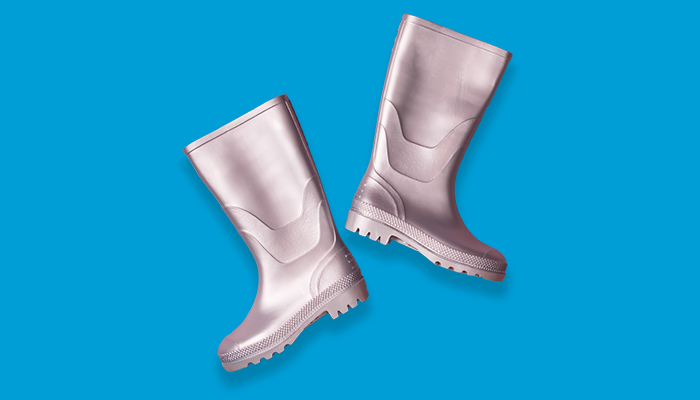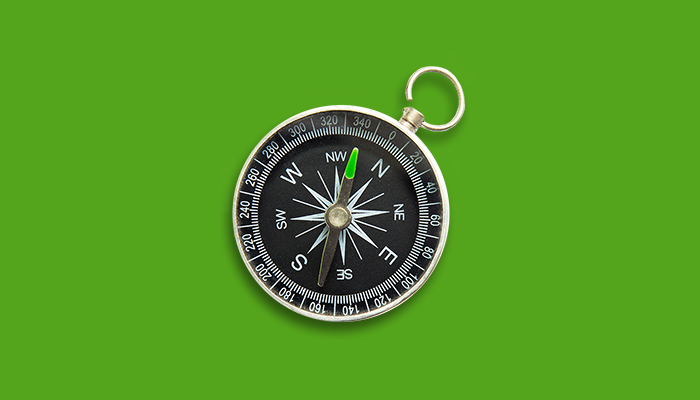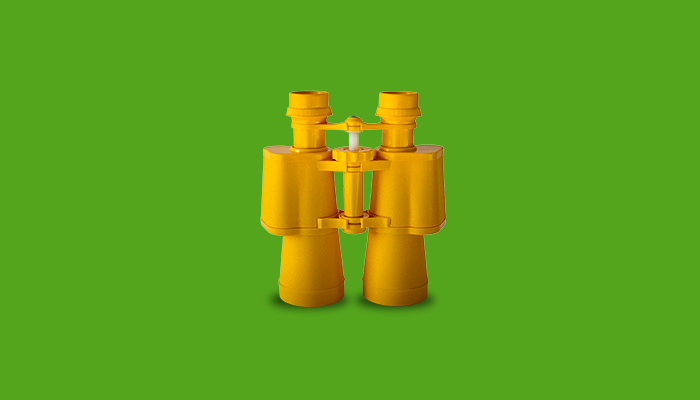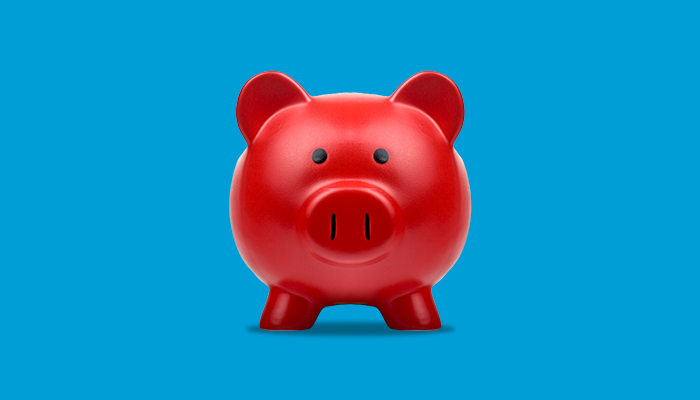Shares aren’t just for experts

You don’t have to be super rich or work in finance to buy shares. All you need to know is how the market works, the risks and how to get started.
What you will learn
- What shares are, and why the stock market goes up and down
- Why investing in shares can do more for your money than saving
- Why you should spread your risk, and how you can do it
What you will learn
Investing in stocks might seem scary. The jargon alone can give some people a headache. But if you know how the market works, what you want and how much risk you’re comfortable with, it’s a great way to do more with your money.
Shares – getting a chunk of the business
Shares (also called stocks or equities) are tiny units of ownership of a company. Once you buy some, you become a shareholder.
A ‘blue-chip’ company is a major firm that’s likely to be a solid investment even when times are tough. The name comes from poker, where the blue chip has the highest value.
A company becomes publicly listed when it offers its shares to the general public. That’s why you see so many company names ending with ‘plc’, which stands for public limited company. These companies have limited liability, which means that the shareholders are not responsible for all the debts of the company if it fails.
Business owners list their companies publicly to raise funds to help grow their business, or to make back their investment.
Why do shares rise and fall?
Shares can go up and down in value, influenced by a range of factors. When a company is doing well against its rivals, or there is high demand for its products, its share price may rise.
For example, BP’s share value rose in early 2018, partly because of higher oil prices. The company had also boosted oil and gas production.
Events like a company crisis or a general slump in the economy may cause values to drop. For example, Facebook’s shares lost a lot of value after it was caught up in a major controversy about data handling.
The stock market – where the trading happens
People buy and sell shares on the stock market. It’s always busy, with loads of investors trading shares non-stop. That’s why you see prices move about so much. The UK’s main stock market is the London Stock Exchange.
Price activity as a whole is tracked by market indices. These show the average performance of a selection of companies at any time.
In the UK, the FTSE (‘Footsie’) 100 and FTSE 250 indices provide an overview of how the country’s biggest 350 companies are performing for investors.
Why should I invest in shares?
Saving cash in a bank or building society is how most people start off. But it’s not always the most effective way to grow your money when interest rates are low. This is important if you’re saving for something big, like retirement or your first home.
Since 2008, interest rates have hovered around 0.5%. They’ve only started to go up again recently.
What does that mean for your money? Say you saved £300 a month, every month, over 10 years at 0.5%. You’d now have a total of £36,900. But if, instead of saving every month, you had put away the £36,000 in one lump sum right at the start, you’d end up with £37,845. That’s £1,845 more in cash. Of course, if inflation rates are higher than interest rates, your money would lose some value.
But since inflation has been running higher than interest rates, the real value of your cash would have declined.
Meanwhile, investments in the UK stock market delivered average annual returns of 4.9% in the 10 years to 2017. That would have given you £46,366 through the monthly saving option, or £58,705 with the lump sum (minus costs, which you can read about here).
However, there’s no guarantee that things will play out like that again in the next 10 years. Investing in shares is risky – things can change a lot in a short time.
But over a longer term – five years or more – investments stand a better chance of riding out the wilder fluctuations. Think of shares as a marathon, not a sprint.
Keeping a nice balance
When you invest directly in a company, you become a shareholder. That means you could benefit not only when share values rise, but also from dividends – these are a share of profits a company pays its shareholders periodically when things are going well.
However, investing in a single company means putting your eggs in one basket. Investing in shares is risky, but things become riskier if you pin all your hopes on one business.
If you do decide to go ahead with this option, do a lot of research and keep in mind that your whole investment will go up or down depending on how the company performs.
To spread out the risk, you can pool your money with other investors in a fund. Funds buy a range of shares: you don’t have to choose each investment. The downside is that you won’t get dividends.
Getting started with investment funds
There are plenty of funds to choose from. Some are riskier but may offer higher returns. Others are more about stability. Some specialise in a specific industry or country.
You should choose your funds based on your life goals, your targets and how you feel about risk. The higher your ambitions, the more risk you’ll need to accept.
If you want advice, you can speak to a financial adviser. If you’re doing it yourself, you can use one of the many share dealing platforms available, which make buying shares online as easy as buying holidays or books.
These platforms don’t offer advice, but the trade-off is that the fees are smaller.
Are you ready to invest? Read our article, and get on the right path to achieve your life goals.
Risk notice
Any information provided should not be considered personal advice. Past performance is not a guide to future performance. You may not get back the full amount you invest. If you have any doubts about making your own investment decisions, seek financial advice.






















